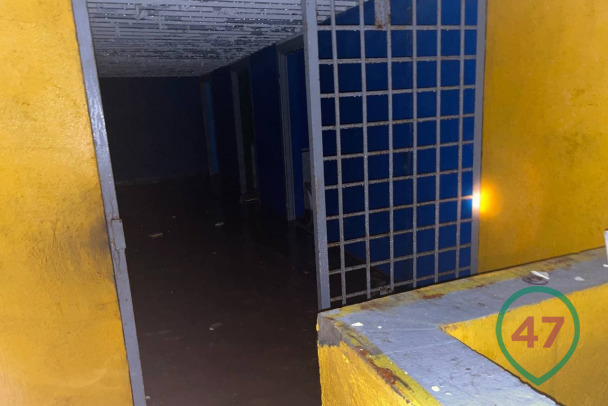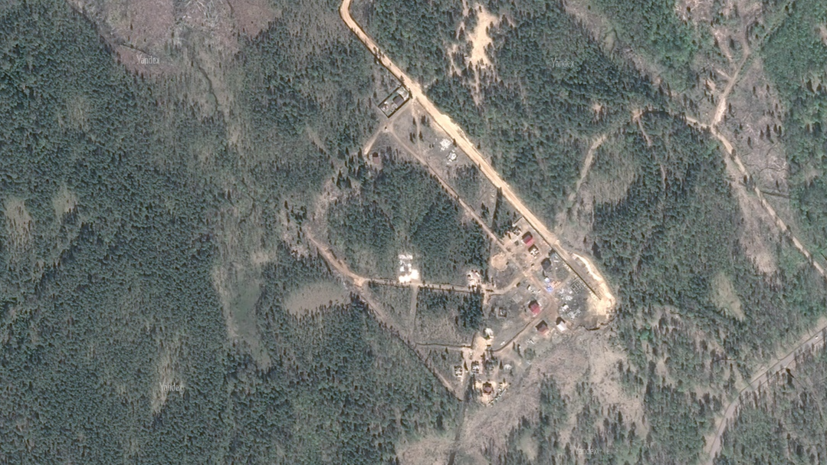@elonmusk style may look tricksterish. That's understandable. He is an innovator, ergo disruptor and disruption may be sometimes undistinguishable from tricksterism. Content-wise though the problem with Musk is that he's creating new stuff. That he is a non-violent entrepreneur🧵
@elonmusk Don't get me wrong. I think that innovators do not get nearly enough credit for what they doing. I even noticed a weird pattern: people tend to shittalk the most about that specific industry their city/state is especially dependent upon. Still, non-violent business has a problem
And the problem with the non-violent business is that it is non-violent. Which means it is *outsourcing* violence and thus security. Indeed, all of Elon Musk's proposals suddenly make sense if you assume they are written by a businessman who is outsourcing security of his empire
There is violence going on? Bad, very bad. Violence is a liability. Let's just stop it. How? By signing a "deal". With whom though? With a *violent* businessman who's doing this violence. Sounds incredible but this is exactly how a non-violent businessman's brains are working
And that is why the non-violent businessmen have been crawling on their knees before the violent ones for the 99% of recorded human history
NB: This is assuming that the violent businessmen would even allow the non-violent ones to exist (which is far from granted)
NB: This is assuming that the violent businessmen would even allow the non-violent ones to exist (which is far from granted)
Still, if @elonmusk exists, that means he has not been selected out. Ergo, his strategy worked out. Why? Because he lived in an artificial, abnormal environment which selected out the *violent* entrepreneurs, allowing the non-violent ones to flourish
A beautiful anomaly
A beautiful anomaly

How is the US environment abnormal? That's easy to explain. What shocked me in the US is that so many (real) crypto investors etc are very outspoken about their business activities in social media. They literally write about being crypto holders in Twitter bio. Unbelievable! 

Let me get this straight. If you are a crypto guy, then:
1. You prolly hold lots of cash in your wallet
2. Which I could immediately transfer to mine
3. All I need is to force you to disclose your PIN (or whatever) to access your wallet
I mean, that's quite obvious, isn't it?
1. You prolly hold lots of cash in your wallet
2. Which I could immediately transfer to mine
3. All I need is to force you to disclose your PIN (or whatever) to access your wallet
I mean, that's quite obvious, isn't it?

This thought is not that original. Plenty of people should have come up with this idea. Still, American cryptobros are writing about being cryptobros in social media, posting photos of where they live, etc. And they are still alive. So they are not being selected out. How come? 

Hunting for cryptobros sounds like a great hustle for a violent entrepreneur. Still, we don't see it happening: outspoken cryptobros are alive (=not selected out). Ergo, the high end violent entrepreneurs who would select them out are being selected out. Under-appreciated fact
(Off-topic: people r complaining about how dangerous US cities are. Well, that's partially because you guys do not allow proper mafia to emerge. In much of the outer world authorities delegate controlling the street crime to mafia bosses. But you need centralised mafia for that)
In contrast, Russian cryptobros that I know tend to act very, very lowkey. The fewer people know about your activities, the better. Posting about dealing with crypto in social media is absolutely unthinkable. Why? Because that makes you too easy and lucrative prey
Consider this news which made the headlines in 2021. There is an abandoned suburban settlement near St Petersburg. This house is especially remarkable because it stands over a bunker with an underground prison 

This underground prison is well-equipped. The entrance is covered by a concrete block which is moved up & down by a hydraulic press located outside. So there is a zero chance you will be able to get out of the prison by yourself 

What is interesting about this prison is that it looks like an *exact* copy of a real Russian prison for investigated (СИЗО). Cells, beds, doors everything is super authentic. Even the locks on the cell doors are 100% copys of real locks from the St Petersburg "Кресты" prison 

Why would you need everything from the locks to the beds in this underground prison to look 100% like in a real prison? Well, most probably to make the prisoners to *believe* they are in a real prison 

Most likely:
1) you think you are in real prison
2) officers demand you to do something
3) you assume if you do it, they'll let you go. That's why you need (1)
It is likely this is prison for cryptobros. Just say your PIN and we'll let you go
1) you think you are in real prison
2) officers demand you to do something
3) you assume if you do it, they'll let you go. That's why you need (1)
It is likely this is prison for cryptobros. Just say your PIN and we'll let you go

Surprise: the underground prison is also equipped with a crematorium. This furnace is just big enough to fit a human body
That's why a prisoner needs to *believe* they are in real prison. You think you give them what they want -> they let you go. Sounds good, doesn't work
That's why a prisoner needs to *believe* they are in real prison. You think you give them what they want -> they let you go. Sounds good, doesn't work

The house was probably built around 2010 but never registered. So on paper it never existed. Whom did the land beneath it belong to then? Well, to Renat Alimzanov, a captain of Russian FSIN - Federal Penitentiary Service which manages the *actual* Russian prison. He died in 2018 

Most likely explanation:
Russian federal prison officer built an underground prison as an exact copy of a real prison. There he persuaded kidnapped ppl they are in a real prison. They'd give him wants he wanted, then he'd kill & burn them. In 2018 he died, prison was abandoned
Russian federal prison officer built an underground prison as an exact copy of a real prison. There he persuaded kidnapped ppl they are in a real prison. They'd give him wants he wanted, then he'd kill & burn them. In 2018 he died, prison was abandoned
I could keep on, but honestly I need to go. So I'll finish this with a brief summary:
1. Non-violent entrepreneurs that are actually creating stuff do not get enough credit for what they are doing. They play huge role in wealth-creation
1. Non-violent entrepreneurs that are actually creating stuff do not get enough credit for what they are doing. They play huge role in wealth-creation
2. Still, they're an abnormality. They create prosperity, yes, but they may flourish only in the artificial environment where the high-end violent entrepreneurs are being (constantly!) wiped out. They're the hothouse flowers, to put it simply
3. Much of the outer world is destitute because of violent entrepreneurs. Violent entrepreneurs are not wiped out -> they wipe out the non-violent ones -> the country cannot create stuff -> It is destitute
4. Those who advocate for "tougher law enforcement" are clueless. In much of this world, the law enforcement is just another, superior form of violent entrepreneurship. Under normal circumstances, that's an upgrade of mafia, not a solution for the problem 

5. That may explain why Russian army and the military equipment are so archaic btw. In order to create something new, e.g. drones you normally need non-violent entrepreneurs who would actually create stuff. In Russia they're being wiped out by the violent ones. Hence, no drones
6. The non-violent entrepreneurs create wealth. But they can flourish only under abnormal circumstances with the violent ones wiped out. Then they tend to perceive their abnormal circumstances as normal and their artificial security as given
6. The non-violent entrepreneurs create wealth (and stuff in general). But they can flourish only under abnormal circumstances with the violent ones wiped out. Then they tend to perceive their abnormal circumstances as normal and their artificial security as given
7. Non-violent entrepreneurs have prospered under artificially secure conditions and having (unknowingly) outsourced their security. If they don't understand it, you'd be much better off ignoring their advice when it comes to security and foreign policy. End of 🧵 

• • •
Missing some Tweet in this thread? You can try to
force a refresh





